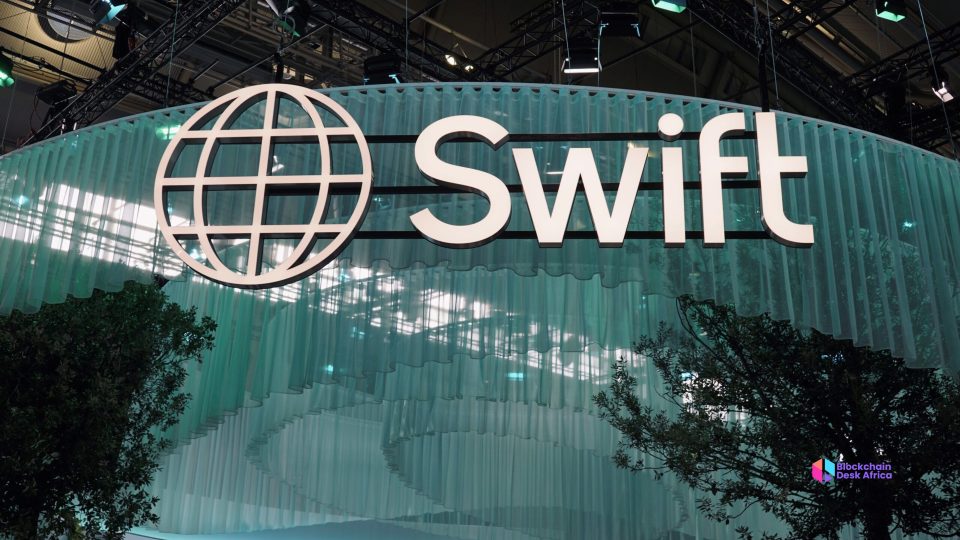SWIFT, the world’s leading financial messaging system is teaming up with more than 30 major global banks to develop a blockchain-based system that could transform cross-border payments. The effort marks one of the boldest attempts yet to modernise the slow and fragmented system underpinning international finance.
The plan is to replace existing processes with a shared blockchain ledger accessible to all participating institutions. This would cut out layers of intermediaries, reduce reconciliation errors, and enable payments to settle in near real-time, unlike the current model that often takes days.
Among the banks involved are HSBC, JPMorgan Chase, Citi, Deutsche Bank, and Standard Chartered. Their participation underscores a growing consensus that blockchain can no longer be dismissed as a niche technology but must be integrated into mainstream banking infrastructure.
The new system will be designed to work alongside stablecoins, tokenised deposits, and central bank digital currencies (CBDCs). This flexibility could make it easier for global banks to integrate new forms of money into their operations without abandoning the infrastructure they already rely on.
While the project is still in development, it highlights both the promise and the challenges of blockchain adoption. Questions remain about interoperability, regulation, and cybersecurity. But if successful, this overhaul could dramatically reduce settlement times, cut costs, and improve transparency for businesses and individuals who rely on cross-border payments.
By uniting traditional banking powerhouses with blockchain technology, SWIFT’s initiative may allow faster, cheaper, and more reliable payment systems. That would give small businesses, exporters, and migrant workers access to financial flows that are currently slowed down by outdated infrastructure.
Read also: Ghana Set to Regulate Virtual Assets Through New VASP Law
